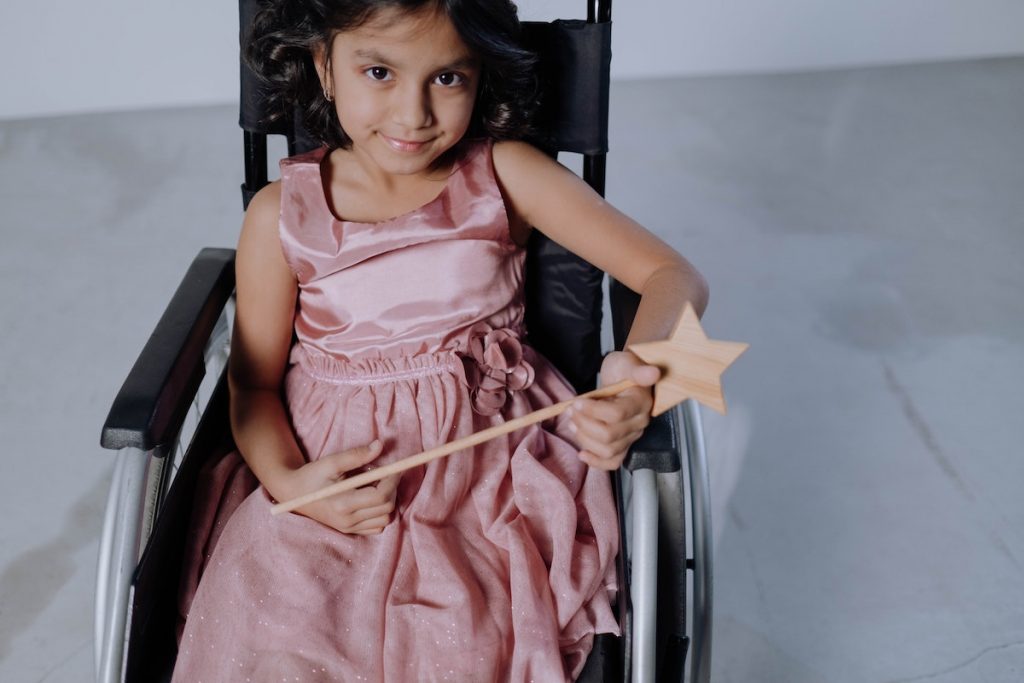In 2019, more than three million children had a disability in the United States. They comprise around 4.3 percent of all children under 18 years old. The figure is about 0.4 percentage points higher than in 2008.
As a parent of a child with a disability, you may wonder what the future holds. How will your child cope as an adult? What kind of support will they need? While there are no easy answers, there are steps you can take to help your child transition into adulthood successfully.
As your child with a disability approaches adulthood, it is crucial to start thinking about how to best prepare them for the transition. This can be a time of significant change and uncertainty. But proper planning can also be an exciting time full of new opportunities.
Keep reading to learn more.
Encourage Independence
Encouraging independence is one of the most important things parents of children with disabilities can do to prepare their children for adulthood. When children learn to do things for themselves, they develop a sense of self-confidence and mastery that will serve them well as adults.
Parents can help their children become more independent by providing opportunities to try new things and make mistakes. Parents can also offer guidance and allow children to figure things out themselves. Praise your child when they display independence, and model self-reliance yourself. With time and patience, your child will learn how to take care of themselves and be more prepared for life on their own.
Independence is vital for children with disabilities as they transition into adulthood. You’re helping them develop the skills and confidence they need to thrive independently by teaching them how to do things for themselves. Start early and be patient; your child will be well on their way to a bright future.
Provide Them with Quality Education
It is crucial to provide children living with a disability with a quality education. This will help them be successful when they become adults. Many children with disabilities can attend mainstream schools, but some will require specialized education. In this situation, Parents should look for a reputable home school program to help their children receive the knowledge they need. Homeschooling can be an excellent option for children with disabilities because it allows parents to tailor the education to their child’s individual needs. It also offers several mental health benefits for the child, such as reducing anxiety and building self-esteem.
Some children with disabilities will require more support than others as they transition into adulthood. For example, those with autism or other cognitive impairments may need help with daily living skills like cooking and budgeting. Others may need assistance finding employment or housing. Parents should talk to their child’s doctor or other care providers to understand what support their child will need as an adult.
Many organizations provide services and support to adults with disabilities. Parents should look into these options to find the best fit for their child’s needs. By providing their child with quality education and the necessary support, parents can help set them up for success as they transition into adulthood.

Teach Social Skills
Parents should teach children with disabilities how to socialize. This will help them when they are adults. They will know how to talk to people, make friends, and more. This is important because they will need to use these skills daily.
Some children with disabilities might have trouble socializing. They might not know how to start a conversation or keep one going. They might not know how to read other people’s body language or understand jokes. But with some help, they can learn these skills.
Here are some things you can do to help your child socialize:
- Play social games with your child. Games like pretend play, card games, and charades can help children learn how to take turns, share, and follow the rules.
- Teach your child how to start and end a conversation. This includes saying hello, goodbye, please, and thank you.
- Help your child understand body language and facial expressions. This can be done by reading books or watching movies together.
- Teach your child how to handle frustration positively. This includes walking away from arguments and not hitting or yelling.
- Encourage your child to make friends. This can be done by inviting other children to your house or signing them up for a class.
- Help your child deal with rejection. This includes teaching them that not everyone will like them, and that’s okay.
Plan for the Future Together
When planning for the future, it’s never too early to start. For parents of children with disabilities, this is especially important. Planning and working together ensure that your child is as prepared as possible for adulthood.
There are many benefits to planning for the future together. For one, it ensures that everyone is on the same page. You can discuss your child’s goals and dreams and create a plan to help them achieve them. You can also ensure that your child is cared for if something happens to you.
Working together as a team also strengthens your relationship with your child. They will know that you are there for them, no matter what. And knowing that you have a solid plan in place will give your child peace of mind in the future.
Creating a plan for your child’s future may seem daunting, but it’s essential to start preparing early. By following these tips, you can successfully help your child with a disability transition into adulthood.

